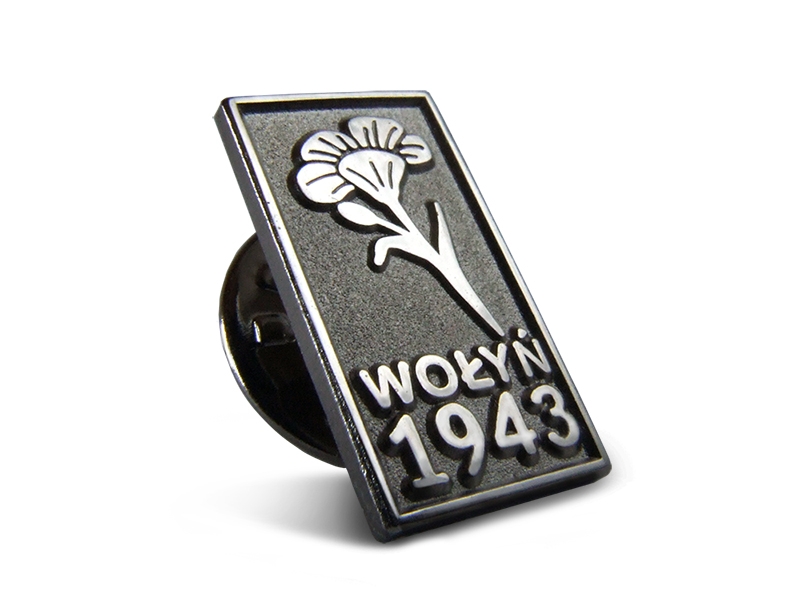Researchers estimate that only on that day about 8 thousand Poles could be killed. The victims were mainly women, children and elderly people. The Polish population was dying from bullets, axes, forks, knives and other tools, often in churches during the mass and other services. It has been widely accepted that on 11 July the anniversary of the Volhyn crime is commemorated. The crime, qualified by the IPN’s prosecutorial division as genocide, was conducted by Ukrainian nationalists from the OUN-B and the UPA on the Polish population of Volhyn, Eastern Galicia, as well as parts of the Lublin region and Polesie region. It is estimated that in the years 1943-1945, about 100,000 Poles were murdered. As a result of Polish retaliation, about 10,000 Ukrainians died as well.
The Institute of National Remembrance undertakes activities aimed at explaining the circumstances of the crime by historians and prosecutors, commemorating the victims and educating about the crime.
On the 75th anniversary of the Volhyn crime, the Institute participates in celebrations commemorating the victims, including in Gdańsk, Toruń, Grudziądz, Kraków, Lublin and Warsaw. The IPN is also an organizer and co-organizer of scientific and educational undertakings. Scientific conferences, film screenings and theatre performances, exhibitions and workshops for teachers and students have been prepared.
